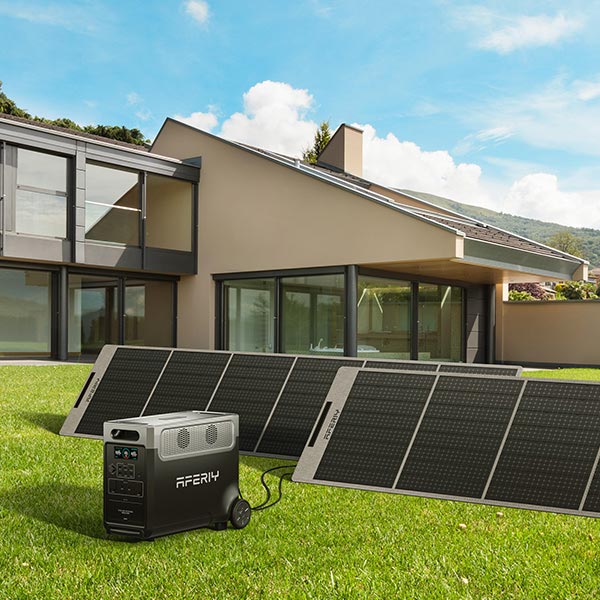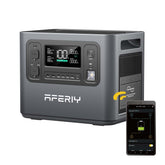How to Choose the Right Whole-Home Backup Power Solution
Understanding Solar Power Stations

The foundation of solar power stations lies in their ability to harness the abundant energy radiated by the sun. Photovoltaic cells, often referred to as solar panels, absorb sunlight and convert it into electricity through a process known as the photovoltaic effect. This direct conversion of sunlight into usable energy makes solar power stations one of the most promising solutions in the pursuit of clean and sustainable energy sources.
Solar power stations consist of various components that work harmoniously to transform sunlight into electrical power. These components include solar panels, inverters, charge controllers, and battery storage systems. However, amidst this intricate network, the role of relay modules remains central to ensuring the efficient distribution and control of power within the station.
Importance of Relay Modules in Solar Power Stations

At the heart of every solar power station, relay modules act as intelligent switches that manage the flow of electricity. These modules are designed to control circuits by opening and closing electrical pathways. By doing so, relay modules enable power to be distributed to the right components at the right times, ensuring that energy is utilized effectively and without wastage.
One of the primary functions of relay modules is to safeguard the entire solar power station against potential failures. When a malfunction occurs in a particular segment of the station, relay modules isolate the faulty circuit, preventing the issue from affecting other components. This proactive approach not only prevents system-wide shutdowns but also extends the operational life of the entire solar power station.
Factors to Consider When Choosing a Relay Module

The process of selecting a relay module for a solar power station requires careful consideration of various factors. Voltage and current requirements are fundamental aspects that determine the module's suitability for the specific system. Choosing a module with the right voltage and current ratings ensures that it can handle the power load efficiently and safely.
Equally important is the selection of a relay module with appropriate contact ratings and switching capabilities. These parameters influence the module's ability to handle the switching of power loads, ensuring reliable operation under various conditions. Additionally, the module's ability to withstand environmental stressors, such as temperature fluctuations and humidity, is crucial for the module's long-term performance.
Types of Relay Modules Suitable for Solar Power Stations

Solid-state relays (SSRs) and electromechanical relays (EMRs) are the two primary types of relay modules commonly used in solar power stations. SSRs offer advantages such as fast response times, reduced noise, and enhanced durability due to the absence of mechanical parts. On the other hand, EMRs are known for their robustness and high current-carrying capacity, making them suitable for applications requiring heavy power loads.
The choice between SSRs and EMRs depends on the specific requirements of the solar power station. While SSRs excel in applications where speed and precision are paramount, EMRs are preferred for applications demanding high current switching and durability.
Additional Considerations and Tips

Ensuring compatibility between the selected relay module and other components of the solar power station is essential. The module should seamlessly integrate with inverters, charge controllers, and monitoring systems, allowing for coordinated and efficient operation. Proper sizing of the relay module based on the station's power needs prevents overloading or underutilization of the module's capabilities.
Furthermore, safety certifications and adherence to industry standards are vital considerations. Certified relay modules have undergone rigorous testing to ensure they meet safety and performance criteria, providing peace of mind to solar power station operators.
Warp Up
As solar power stations continue to expand their footprint in the realm of renewable energy, the role of relay modules remains paramount in optimizing their efficiency and reliability. These modules, acting as guardians of power flow and circuit control, ensure that energy generated from the sun's rays is harnessed effectively and distributed seamlessly.
By carefully considering factors such as voltage, current, and environmental conditions, solar power station operators can select relay modules that align with their unique requirements, thus contributing to the advancement of clean and sustainable energy sources.











Leave a comment
Please note, comments need to be approved before they are published.